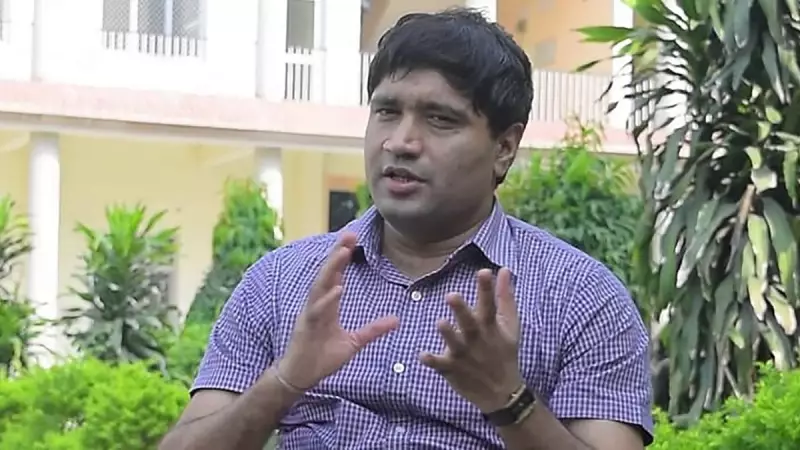
In a stunning development that has sent shockwaves through India's bureaucratic and judicial circles, a senior Indian Foreign Service officer has lifted the veil on what many are calling an unprecedented constitutional crisis. The officer's detailed account reveals deep-seated tensions between the judiciary and executive branches, raising fundamental questions about the balance of power in Indian democracy.
The Whistleblower That Shook the System
The controversy centers around a serving IFS officer who chose to break the traditional silence maintained by civil servants. Through a meticulously documented letter, the officer has exposed several instances where judicial interventions allegedly crossed into executive territory, creating what experts describe as a "constitutional gray area."
Key Revelations That Sparked the Fire
The officer's account highlights several critical areas of concern:
- Judicial directives that effectively bypassed established executive decision-making processes
- Instances where court orders allegedly micromanaged administrative functions
- Growing concerns about the separation of powers being compromised
- The impact of judicial activism on governance efficiency and accountability
Constitutional Implications and Expert Reactions
Legal experts and constitutional scholars have been quick to weigh in on the implications of these revelations. The debate centers around Article 50 of the Indian Constitution, which mandates separation of judiciary from executive, but leaves room for interpretation about where the boundaries truly lie.
Senior advocates and former judges have expressed divided opinions. Some view the officer's disclosure as a necessary intervention to preserve constitutional integrity, while others caution against what they see as executive overreach in questioning judicial authority.
The Bureaucratic Backlash and Support
Within the civil services community, reactions have been mixed but significant. Many serving officers have privately expressed solidarity with their colleague, acknowledging similar concerns they've encountered but felt powerless to address. The officer's decision to go public has been described as both courageous and risky, given the potential professional consequences.
Historical Context and Precedents
This isn't the first time India has faced questions about judiciary-executive relations. However, what makes this case particularly significant is:
- The detailed nature of the allegations from an serving officer
- The specific instances cited that demonstrate systematic issues
- The timing, coming amid ongoing debates about judicial reforms
- The potential impact on international perceptions of India's governance
What This Means for Indian Democracy
The revelations come at a crucial juncture for Indian governance. As the world's largest democracy navigates complex challenges, the delicate balance between its institutions becomes increasingly important. This case raises fundamental questions about:
- How to maintain effective checks and balances
- The role of civil servants in safeguarding constitutional principles
- The limits of judicial intervention in administrative matters
- The need for clearer guidelines on separation of powers
The officer's bold move has undoubtedly opened a Pandora's box of constitutional questions that demand urgent attention from all stakeholders in Indian democracy. As the debate continues to unfold, one thing is clear: the conversation about institutional boundaries in India has reached a critical turning point.





